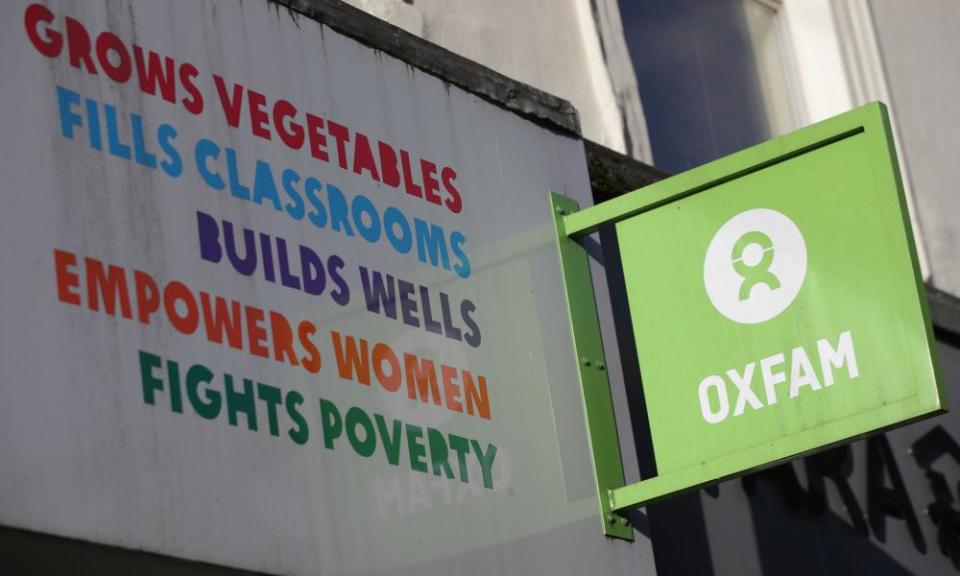Vote for the right type of professionals or the poor will pay

Democratic politics is all about turning voters’ collective preferences into policy. I’m pro the whole thing, given the preferences of monarchs/dictators weren’t great for everyone else.
What makes politicians’ job easier is that public attitudes change very slowly, as confirmed by last week’s annual British Social Attitudes study. But one exception stands out: the pandemic has made young people a lot more left wing. Despite voting Labour pre-pandemic, those aged 18 to 34 were less worried about inequality and less in favour of redistribution than older groups. Now the opposite is true: they are keener than the rest of us on redistribution, with 70% thinking ordinary people don’t get their fair share of the nation’s wealth. That’s what getting roundly stuffed by the pandemic will do for you.
But converting preferences into policy is messy, with who does politics shaping policy. Research across 18 countries examines ministers’ previous occupations to see if they influence strategy (specifically welfare generosity). Politicians are overwhelmingly professionals (lawyers/teachers). Under 5% came from working-class occupations. But the findings are complicated: having working-class ministers doesn’t have a huge impact on welfare generosity. The big difference is whether a government is made up of “liberal professionals” (lawyers) or “sociocultural professionals” (public sector/charity workers).
After accounting for which party governs, having the former in cabinets leads to welfare cuts, while the latter leads to increased generosity. So politicians needs to wrestle with our changing preferences, and we need to understand that which (unrepresentative) politicians we choose matters for the policies we get.
• Torsten Bell is chief executive of the Resolution Foundation. Read more at resolutionfoundation.org

 Yahoo Finance
Yahoo Finance 